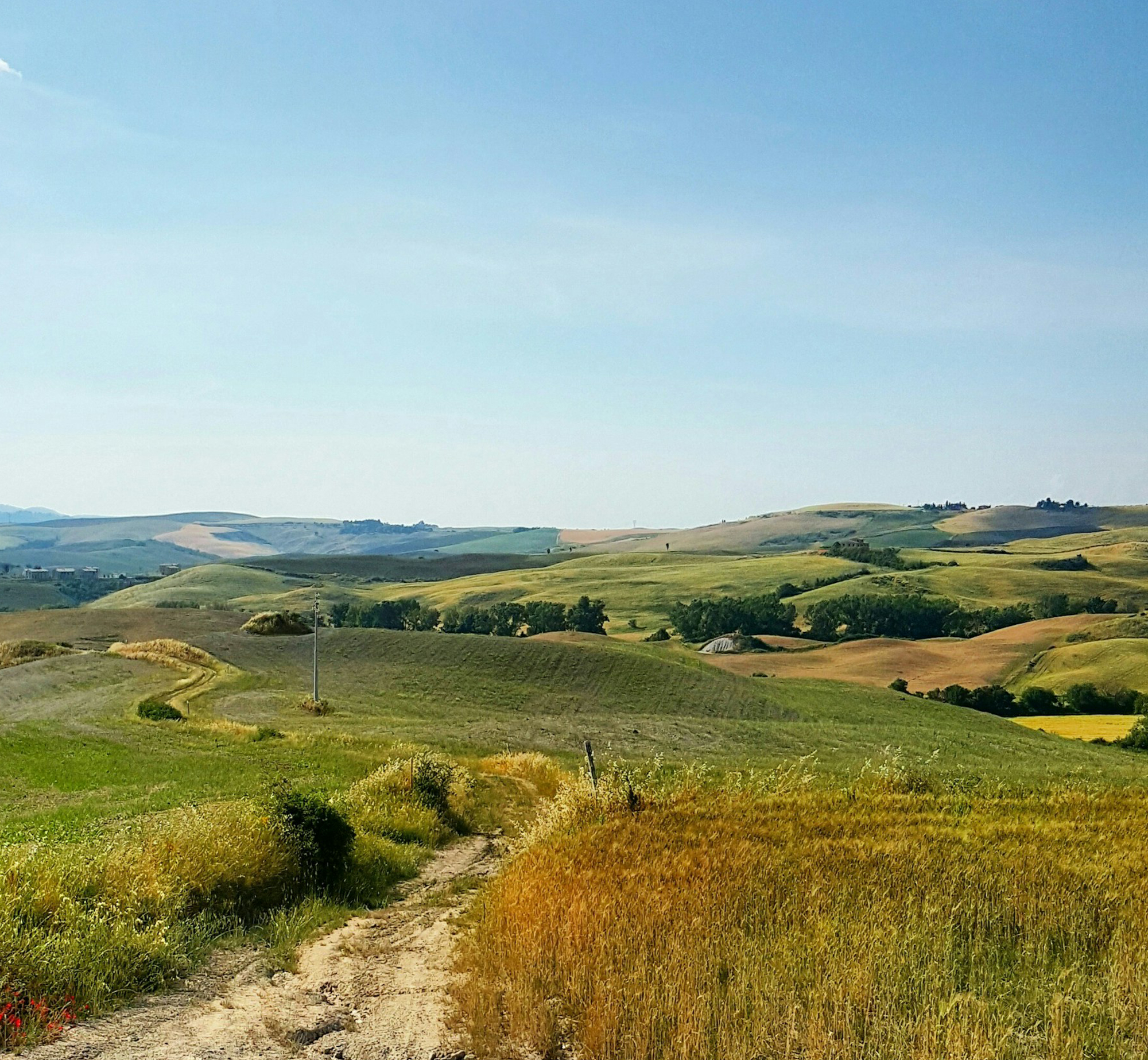RURACTIVE Consortium Gathers in Zadar for 2025 Annual Progress Meeting
From the 7th – 11th of April the RURACTIVE project marked a pivotal milestone as 29 partners from across Europe convened in Zadar, Croatia, for its annual Progress Meeting and fifth Knowledge Transfer workshop. Hosted by the City of Zadar and Urbanex, the event brought together Dynamo partners, technical partners and local community trainers (LCTs) to reflect on progress, share knowledge, and shape the next phase of the project.
The week kicked off with a Steering Committee session on Monday, where partners presented key updates across all work streams. Covering everything from solution development, knowledge and capacity building, innovation and communication, each presentation highlighted progress to date and plans moving forward for the next six months. Discussions were led by representatives from the University of Bologna, the James Hutton Institute, Bern University of Applied Sciences, University College Dublin, CARTIF and EURICE/RISE, underscoring RURACTIVE's integrated, transdisciplinary approach to fostering just and sustainable transitions in rural areas.
Tuesday’s General Assembly welcomed all project partners and focused on collaborative exchange through interactive presentations and workshops. Highlights included an overview of the RURACTIVE Solutions Catalogue by the James Hutton Institute and an update by F6S on the Open Call for innovators who will co-develop solutions in partnership with Dynamos and local communities. Further, discussions and practical sessions revolved around the place-based solutions to be implemented by Dynamos in their Local Innovation Ecosystems. This included an exercise on defining monitoring indicators, led by CARTIF, and updates on the development of the Local Action Plans led by the University of Bologna. In addition, University College Dublin gave insights on the solutions implementation strategy and CARDET, in collaboration with BIOAZUL, presented initial ideas on the RURACTIVE e-learning platform. The day concluded in an engaging social dinner and a relaxed stroll around beautiful Zadar.
On Wednesday, the spotlight turned to communication strategies and innovation dissemination, with a dedicated workshop on local communication, held by EURICE/RISE, as well as presentations from CARTIF, Almende and Virtual Vehicle Research on the development of the two innovative tools, the Decision Support Tool and the Adaptive Monitoring Tool. A parallel session featured a training for Local Community Trainers, facilitated by IAAC, focusing on community training design.
The General Assembly on Wednesday concluded with a Research Symposium, centred on the analysis of the data collected in the RURACTIVE Solutions Catalogue. Researchers presented and discussed findings related to the Rural Development Drivers, the Cross-Cutting Priorities, types of innovation and women-led innovation initiatives, followed by workshops aimed at identifying potential future publications and research.
To conclude the meeting and promote deeper collaboration and understanding among all partners, peer-to-peer knowledge sharing sessions were run on Thursday and Friday. A visit to Ugljan Island enabled RURACTIVE partners to learn directly from local actors including the Milivoj Blaslov fishing trade and the family farm Lungić who are implementing innovative solutions to resolve challenges faced by the community. On Friday, a visit at the International Centre for Underwater Archaeology was followed by a walk along the walls of the Zadar rebellions and insights into two projects: Starting the energy transition on the Zadar Islands and the ArhipelaGo active tourism project.
“The Annual Meeting in Zadar has been a testament to the strength of the RURACTIVE community,” said Claudia de Luca, RURACTIVE project manager from the University of Bologna. “By gathering in person, we have reignited momentum, forged stronger connections, and built a clear path forward as we move into the next phase of the project.”







